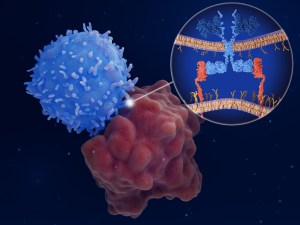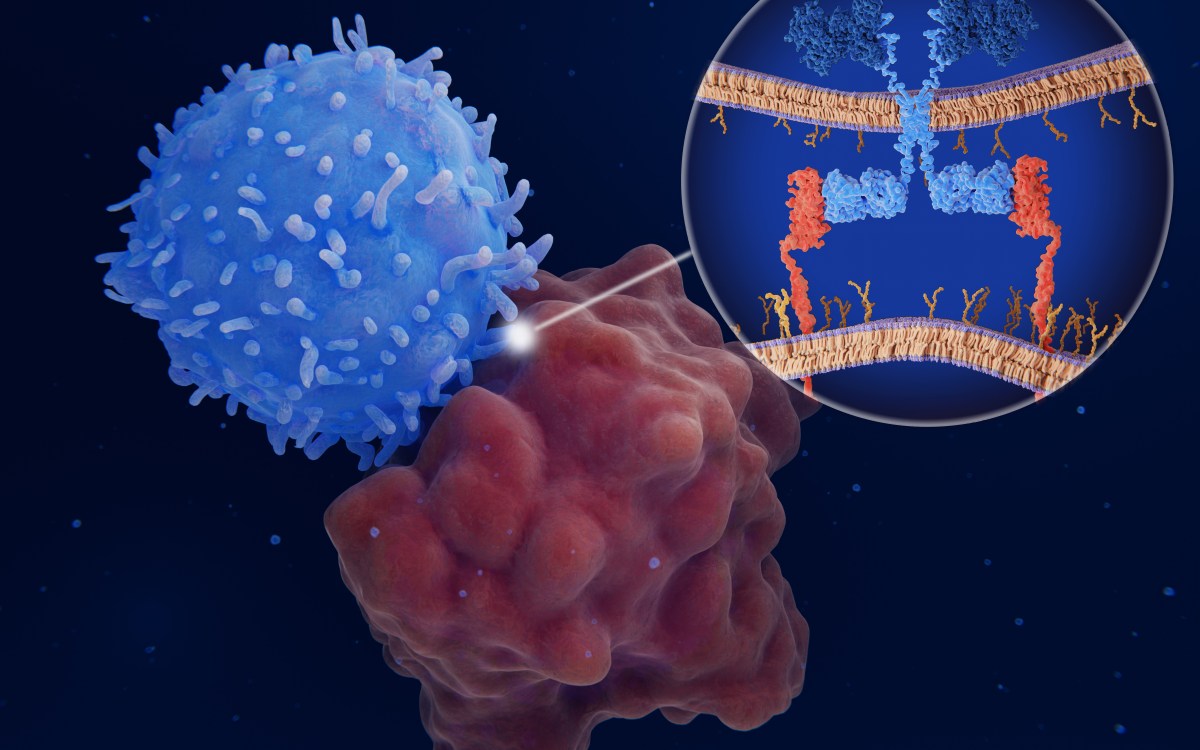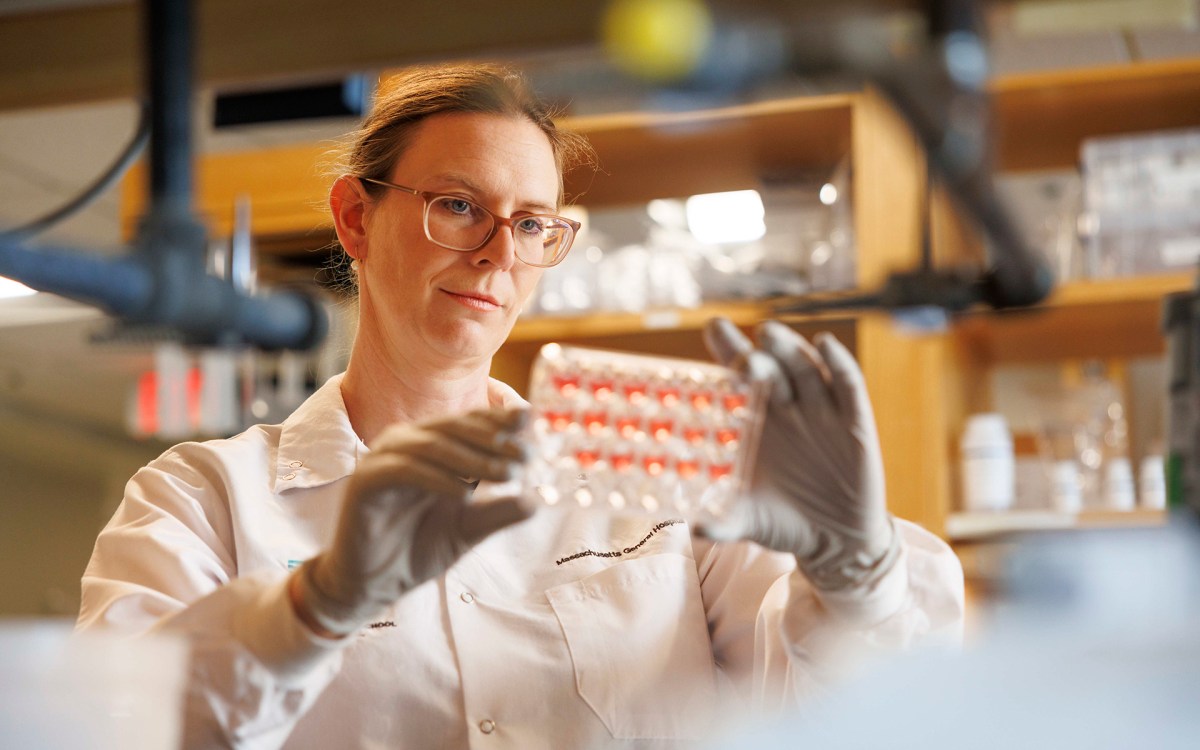Darwin’s empathy, imagination highlighted
Scholar discusses Darwin as writer, experimenter
On Feb. 12, the world celebrated the 200th anniversary of Charles Darwin’s birth. Much was made of his key idea, natural selection, and how it still resonates and informs science in the 21st century.
With good reason. Darwin’s 1859 “On the Origin of Species” shook the world. Its 490 pages made modern biology what it is, accelerated secular thought, and became — in the words of E.O. Wilson, Harvard’s Pellegrino University Professor Emeritus — “the most important book ever written.”
One aspect of Darwin went largely unnoticed in the celebrations: an acknowledgment of Darwin the writer, a man with the eye of a reporter and the pen of a novelist. Though he didn’t invent the phrase “survival of the fittest” (English philosopher Herbert Spencer did), it lived on because Darwin used it in the fifth edition of “Origin,” where it was preserved within a text whose language still shimmers with loving detail.
But Darwin the writer was appropriately acknowledged at Harvard earlier this week (Feb. 23) in a lecture by Dame Gillian Beer, King Edward VII Professor Emeritus at the University of Cambridge, sponsored by the Humanities Center at Harvard. Beer’s 1983 book, “Darwin’s Plots,” remains a seminal work on Darwin as a prose stylist who influenced the Victorian novel.
Twice a day, later in life, Darwin loved having novels read to him, an exercise that Beer said sharpened his writing and “punctuated his work of observation.” Darwin once wrote, she added, “I often bless all novelists.”
Exploring the interface between literature and science — and how both depend on metaphor — has been a leitmotif in Beer’s work.
Sometimes, Beer discovered, writers simply thrill at how science gathers in the physical world. In her 2000 essay “Wave, Atom, Dinosaur: Woolf’s Science,” Beer wrote that Virginia Woolf was “exhilarated by outlandish facts” after reading H.G. Wells, and marveled “at how improbable is the world and all its denizens.”
At Harvard, in front of a capacity crowd at the Tsai Auditorium, Beer shed light on Darwin’s close observation of those world’s denizens, from oysters and ants to orchids, horses, and humans.
Sticking close to the title of her lecture, “Darwin and the Consciousness of Others,” Beer examined the fellow sympathy that Darwin felt for other living creatures. “The issue of animal intelligence was fundamental to his work,” she said — and he retained a lifelong “fascination with the emotional capacity of a whole range of beings.”
She drew a laugh from the audience by quoting a sympathetic Darwin, who once wrote, “I cannot help thinking that horses admire a wide prospect.”
In his early notebooks, Darwin let his imagination run free, touching sometimes on the issue of what qualities of mind animals may have. In one entry he insisted that wasps possess intellect. In another passage, he argued that even puppies have free will. And if this is true, Darwin reasoned, could it be that oysters and marine polyps possess free will, too?
Beer called these notebook forays “free-ranging, spirited reflections” that marked Darwin’s “uninhibited willingness to entertain what might be thought absurd,” and which exercised Darwin’s imagination. “The capability of such trains of thought,” he wrote later, “makes a discoverer.”
It was as if Darwin were describing himself, said Beer. “The uninhibited, the concentrated play of reverie can operate at a different level from a fully reasoned argument,” and, she said, “can allow categories to slide and doors to open.”
Darwin’s reveries were an emblem of “the variety of his interest and pleasure in different life forms,” which captivated the scientist for a lifetime, said Beer — the reefs, orchids, pigeons, barnacles, climbing plants, and earthworms that were his successive fascinations.
Even “crusts and fossils” — the buried storybooks of Earth’s passage through time — were to Darwin “fully alive,” she said.
From the voyage of the H.M.S. Beagle onward, Darwin used his powers of observation and his empathy for fellow creatures to grapple with the issue of consciousness.
That sometimes led to projections onto the animal world that even today seem far-fetched. Beer said Darwin would have agreed with English physiologist George Romanes, the youngest of his academic friends, who once outlined the emotions that make up “the universal animal experience.” The list included “fear, surprise, affection, pugnacity, curiosity, jealousy, anger, play, sympathy, emulation, pride [and] resentment.”
Beyond the notebooks, Darwin continued making science from a blend of personal experience, reporting, and anecdote, said Beer. His method was an expression of 19th century individualism that informed science then and seems so out of place now.
Beer described the way Darwin’s ideas seem to have crossed into the 21st century; an ecstatic and fulsome narrative on the origins of biological diversity has become the stuff of game theory, genomes, and algorithms.
It seems quaint today too that beyond his wide youthful travels Darwin pursued science with a wide-ranging and literate correspondence as well as — quaintest of all — backyard experiments with pigeons, plants, and earthworms.
Nearly forgotten among his late books is “Formation of Vegetable Mould Through the Action of Worms with Observations on Their Habits,” which appeared six months before he died. Consciousness remained a leitmotif. Darwin not only credited earthworms for healthy soil ecology, but attributed to them intelligence and even benevolence.
Beer related a story Darwin used in “The Descent of Man” (1871). Two snails are in a walled garden, where there is little to eat. The stronger laboriously climbs the wall to a more fruitful garden — and comes back 24 hours later to lead the weaker friend to food.
It was a story of quest, betrayal, return, and a happy ending (which Darwin insisted good novels have) — and it suggests, said Beer, a snail’s communicative capacity, sense of attachment, and even memory over 24 hours. Snails, Darwin went on to observe, “few of us know.”
As a writer, Darwin toyed with the idea that plants, too, have emotion. He once observed that a climbing plant, upon reaching a zinc plate put in the way, recoiled “in disgust.”
But however deeply Darwin believed in human-like aspects of consciousness in lower animals, he embraced a fascination for all life forms in a way that set aside hierarchy.
In his early notebooks, Darwin commented on the advent of “intellectual man.” But wasn’t the introduction of insects, he added, certainly “more wonderful?”
Throughout his life, Darwin had the empathetic capacity to explore the boundaries of consciousness, said Beer, “to try out whatever is around him, like him, and unlike him — children, climbing plants, snails, dogs, mountain ranges, baboons, gardens, barnacles, people as animals, and as peculiar human cultures.”





